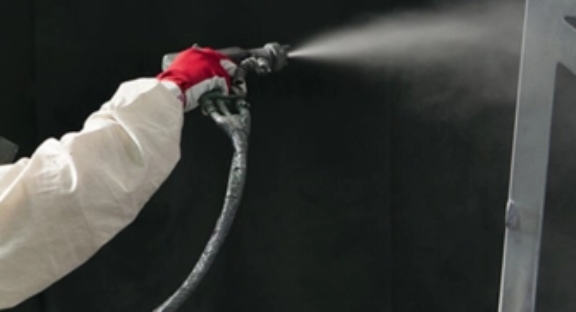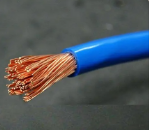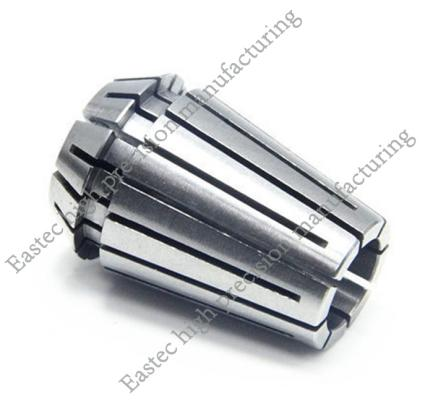Teflon Coating for Car Surfaces: Pros & Cons
Time:2024-05-04 21:17:44 Source:未知 Click:次

With the continuous advancement of technology, the automotive manufacturing industry is also seeing progress. Teflon coating, as a new type of surface treatment technology for automobiles, is gradually gaining attention. But what are the advantages and disadvantages of applying a Teflon coating to the surface of a car? This article will provide a detailed explanation.
1. Excellent Corrosion Resistance: Teflon coating has excellent corrosion resistance, able to withstand the侵蚀 of acids, alkalis, salts, and other chemicals, making the car surface less susceptible to corrosion damage.
2. High Heat Resistance: Teflon coating has high heat resistance, maintaining stability at temperatures up to 260°C, and is less likely to flake off.
3. Low Coefficient of Friction: The surface of Teflon coating has a low coefficient of friction, reducing friction between moving parts of the car, saving energy consumption, and extending the lifespan of the car.
4. Good Anti-soiling Property: The smooth surface of Teflon coating has excellent anti-soiling properties, making it less likely for the car surface to adhere to dust and pollutants, maintaining its aesthetics.
5. Good Insulation Performance: Teflon coating has good insulating properties, which can improve the insulation performance of automotive electronic components, preventing leakage and short circuits.
6. High Transparency: Teflon coating has high transparency, allowing automotive parts to maintain their original color and texture, enhancing the overall aesthetics of the car.
Disadvantages:
1. High Cost: The preparation and application process of Teflon coating is relatively complex, leading to higher costs, which may increase the manufacturing cost of cars.
2. Strict Construction Requirements: The application of Teflon coating requires strict environmental conditions and construction techniques, necessitating a dust-free, temperature-controlled, and humidity-regulated environment to ensure coating quality.
3. Limited Coating Thickness: The thickness of Teflon coating is limited, unable to reach the thickness of traditional coatings, which may affect the protective properties of the coating to some extent.
4. Difficult to Repair: Once damaged, Teflon coating is difficult to repair. Due to its certain brittleness, repairing processes are prone to creating cracks, affecting the overall performance of the coating.
In conclusion, while Teflon coating for automotive surfaces offers certain advantages such as corrosion resistance, high heat resistance, low friction coefficient, etc., it also has some disadvantages, including high costs and strict construction requirements. In practical applications, it is necessary to consider whether to use Teflon coating based on the specific needs and actual conditions of automotive components.






 Customer service 1
Customer service 1  Customer service 2
Customer service 2